A Global Community: The International Students of SMC
International Students Bring the World to SMC
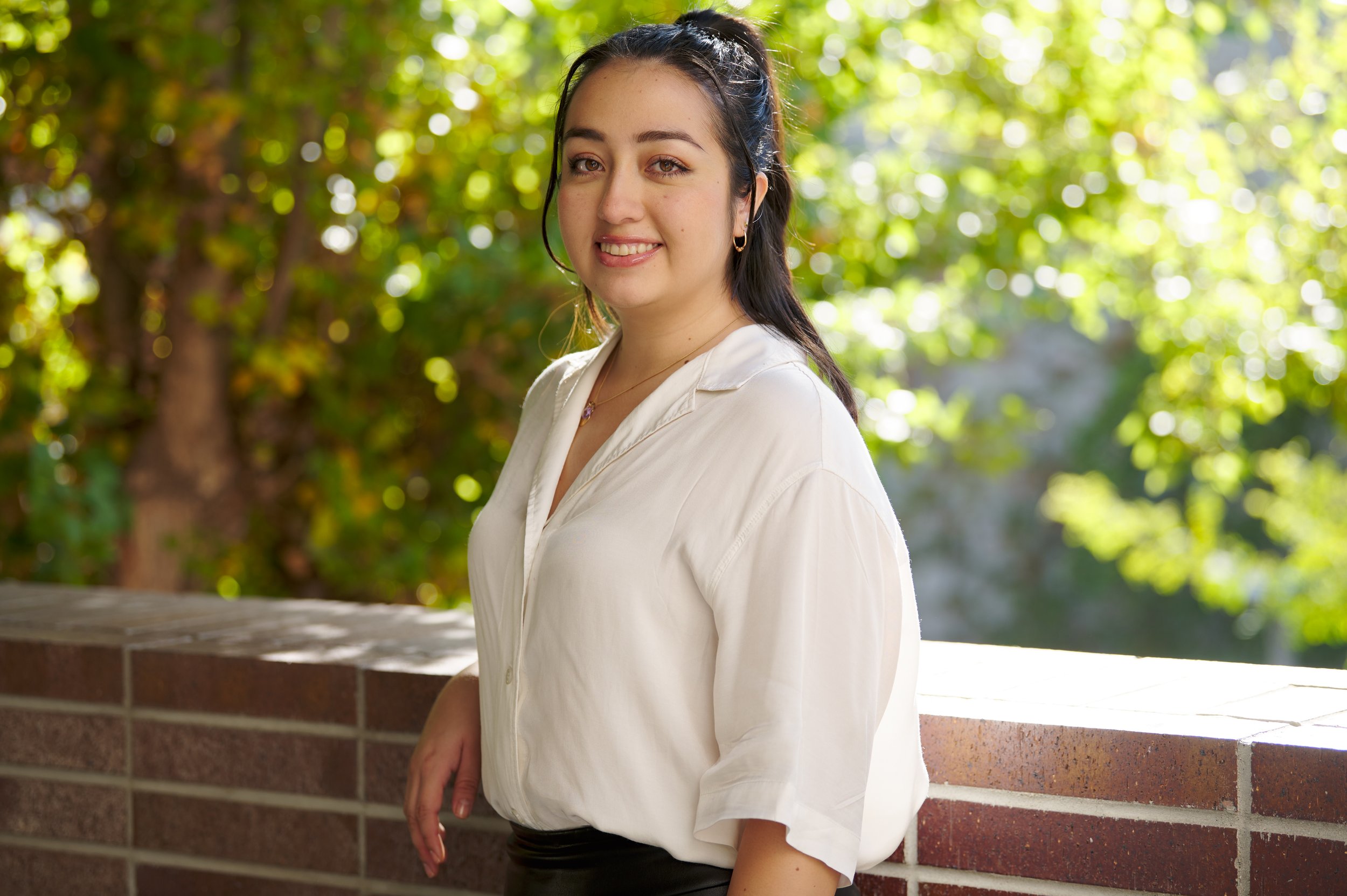
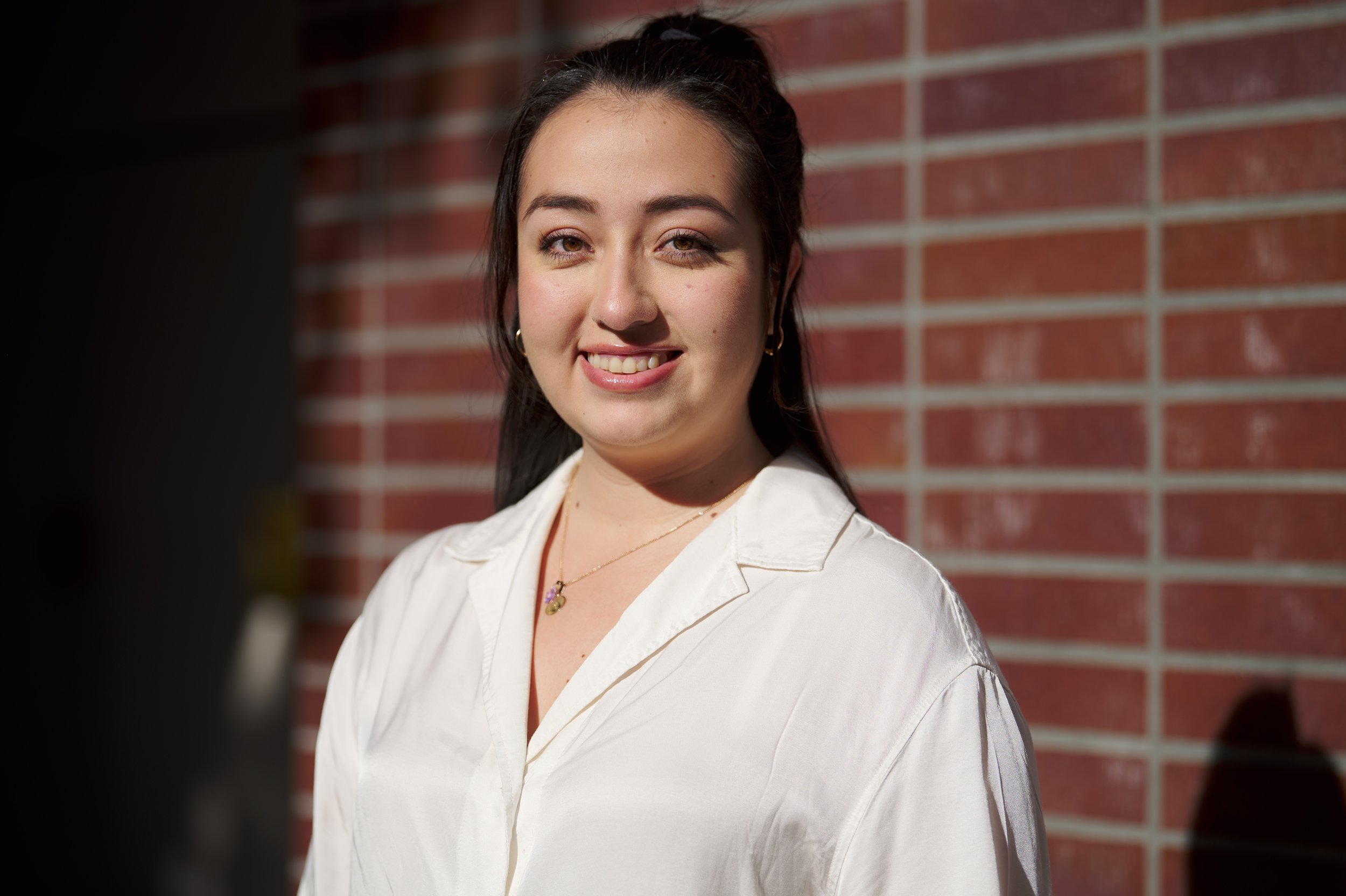
Gabriela Jimenez | Lima, Peru
By Samayia Kirby (Culture Editor)
Gabriela Jimenez took a risk to pave a path for herself at Santa Monica College (SMC). Her cultural and academic background can be traced back to the city of Lima, Peru, located in the San Miguel district. Growing up in a half-Peruvian and half-Chilean household to two college-educated parents, education played a pivotal role in Jimenez’s upbringing. With her mother being a surgical technician and her father a devoted journalist, she was provided with the positive representation and resources to support an enriched learning environment. She attended private school, and church and immersed herself in activities such as theater.
Her thoughts, ideas, and opinions, however, weren’t fostered or even welcomed by the society around her.
“It was interesting growing up there during my path in school because it is still a very sexist place. There is a lot of sexism towards women,” she said while describing her environment growing up. It wasn’t until she reached university that she began to appreciate her Peruvian culture.
“In this university, I was attending, they really taught us about improving the culture in a way that I had no idea. We have an amazing culture, and it comes from very strong human beings in that time to create an entire empire,” Jimenez said.
Initially, she attended university to explore her interest in acting, but after her first year, she decided that college didn’t align with her life. “It started like an existential crisis that college was not for me, or it's not right now,” she said.
Looking for what was next, she began applying to local opportunities and managed to get a job at the airport. What began as a temporary way out of college, turned into a seven-year career that led to her becoming a flight attendant. Life was steady with this secure, well-paying job, but when the COVID-19 pandemic hit, Jimenez began to question if this was the life and career she was willing to settle for.
She began her academic journey in the U.S. in 2021 with a brief six-week course to work on her English. Elated and eager about her newfound experiences, Jimenez returned to Peru and applied for a student visa to obtain her bachelor’s degree in the U.S. Upon her arrival in Los Angeles later that same year, she and a friend decided to take a tour of the empty SMC campus in the midst of the pandemic.
“I was blown away because I was like, ‘Oh my God, this is “beautiful!,” Jimenez said. She was taken aback by the size of the campus and all of the tall buildings that tower over it. She said she chose SMC because of the easy application process and the help she received from staff.
Since relocating from Peru, Jimenez has climbed the academic ladder to accomplish far more than she intended. After one semester of studying nursing, she discovered that she had a passion for working in the psychology field. When asked about her plans for the future, she said, “I hope to finish this next semester doing OBT, which is a year that I can work with just the associates, in this case psychology, and then transfer.”
“It was a hard decision for me to make, to completely move from actually working a stable job, a very good job for seven years, and just to come here and, like, start over.”
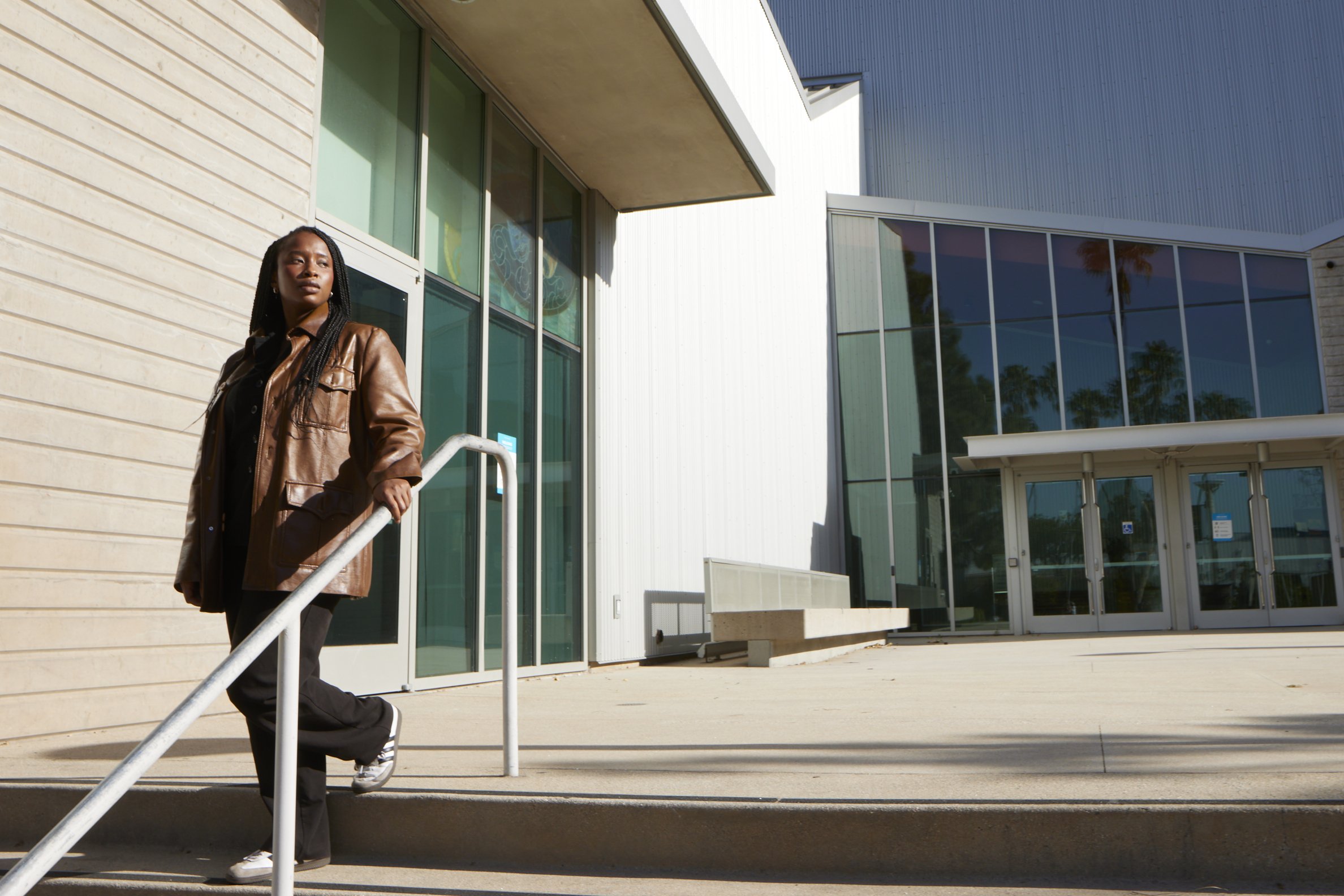
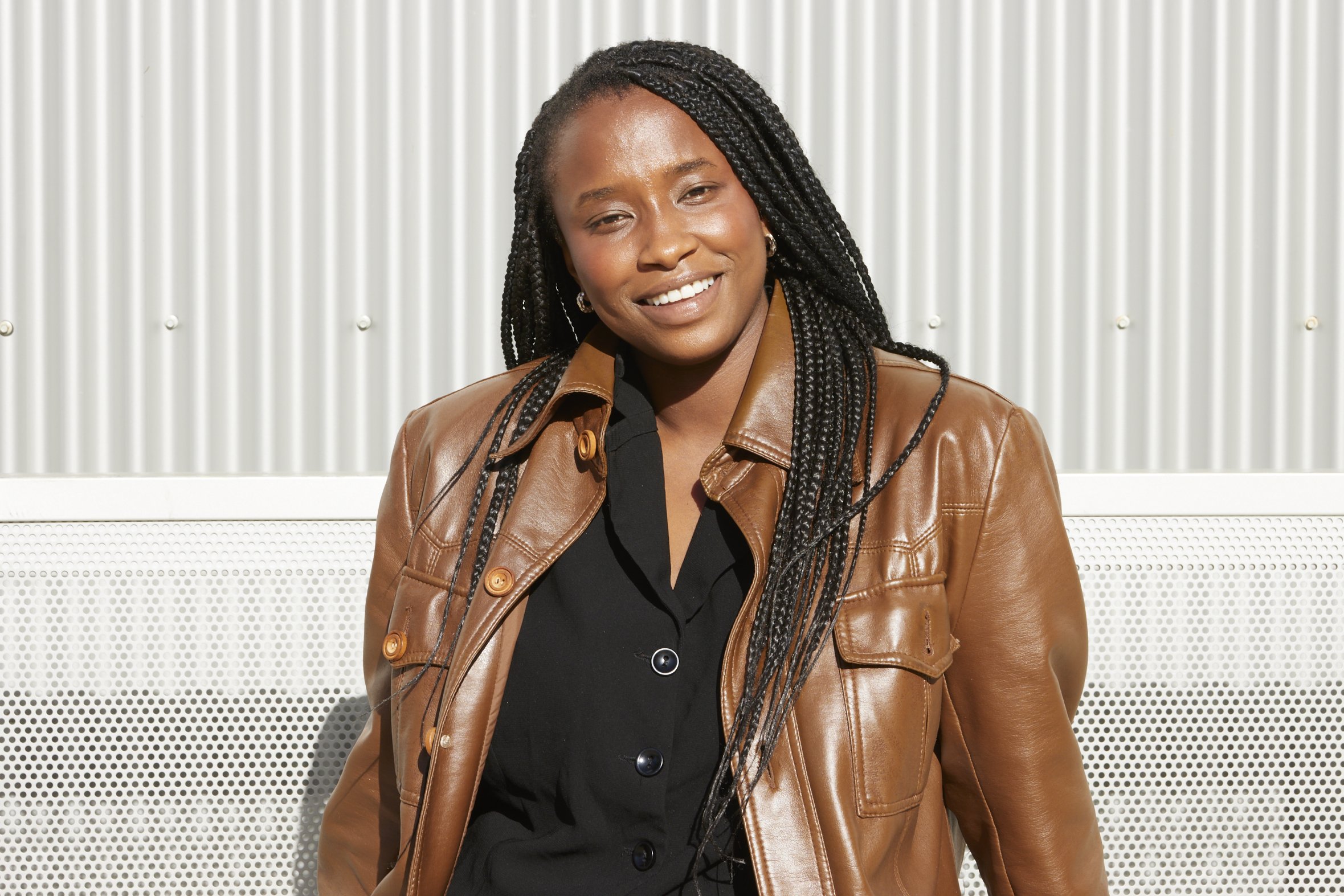
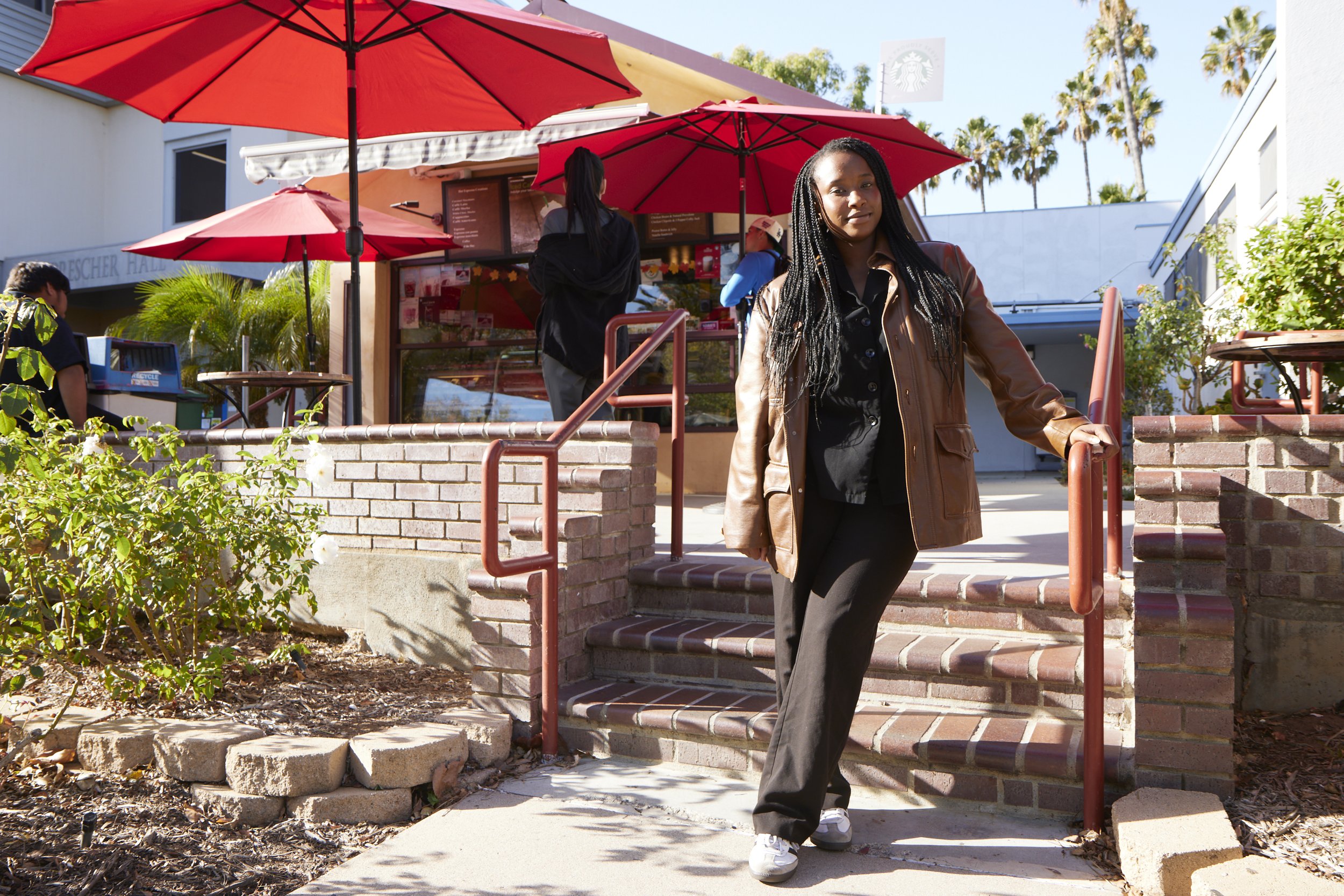
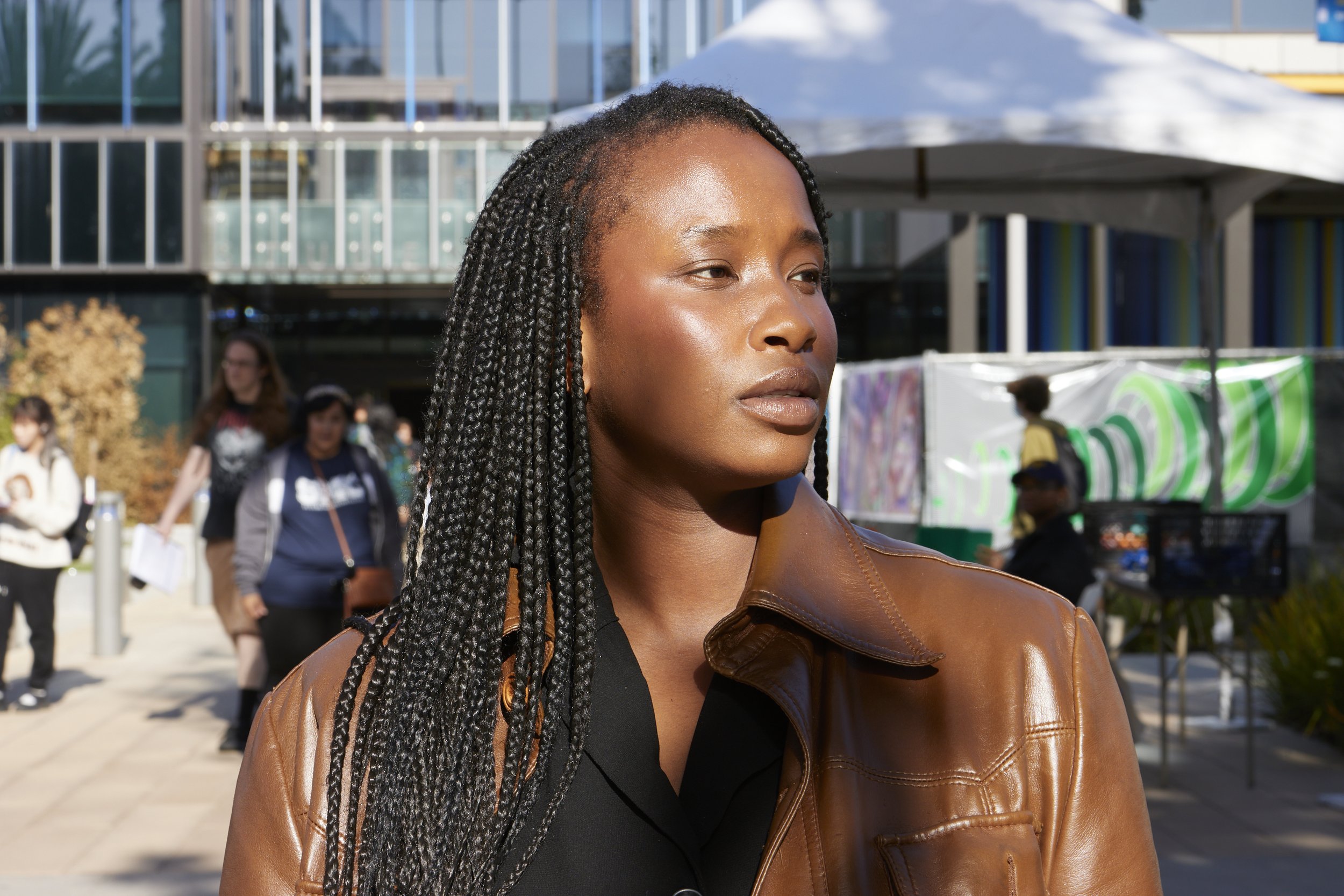
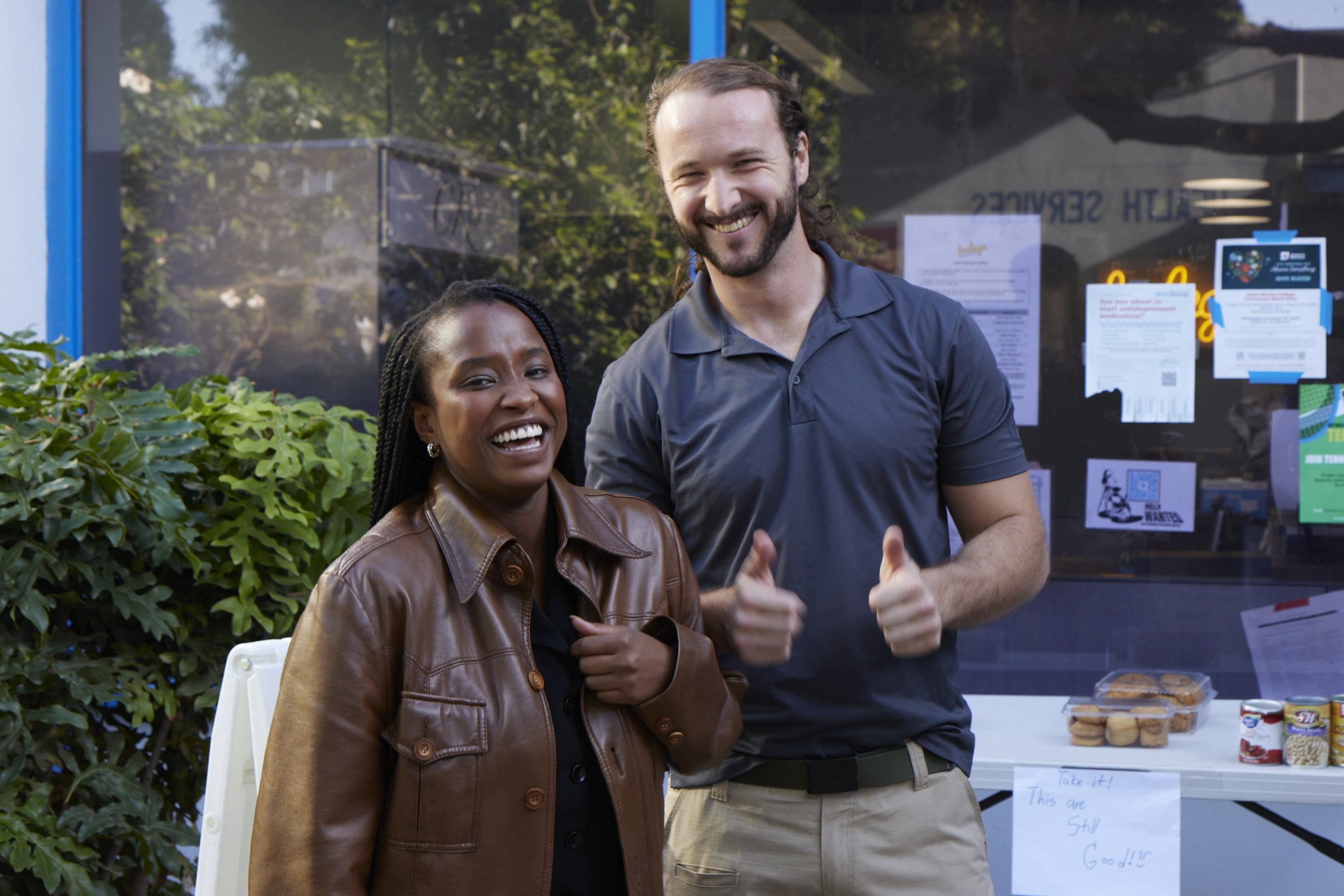
Angela Thugge | Stockholm, Sweden
By Blake Harris (Digital Editor) & Maria Lebedev (Staff Writer)
Santa Monica College (SMC) Business major Angela Thugge came to the U.S. from Sweden in Feb. 2022, after a friend suggested that she move to Los Angeles with them. “A lot of my friends from Sweden have studied at SMC before, so I decided to give it a try,” she said.
Thugge finds her time in Los Angeles to be very enriching. “There’s a lot of Swedish exchange students studying at SMC, so I have gotten to know people from a lot of different areas of my home country”.
Her parents migrated from Kenya when they were very young. Being a person of color in Stockholm, Thugge remembers the feelings of isolation in a country that is over 80% white Euro- pean descent. “My school had around a thousand students, but it was just me and a guy from Peru who were the only people of color there, so it’s not diverse or very multicultural. That’s probably the biggest difference.” Thugge especially enjoys the English as a Second Language (ESL) classes due to the diverse groups of students that attend them.
“I got to meet so many new people from all around the world and learn about their cultures and ways of living.”
In addition to the diversity, Angela prefers how much more social and active the people of Los Angeles are. “I think it’s just culture-wise in Sweden overall, we’re not such sociable people. We don’t usually sit next to each other unless it’s really the last spot left. We usually give people personal space, and we don’t talk to strangers or people we don’t know. Like here, a random person could come up and talk to you or something like that, and that’s not weird, but in Sweden, it’s like, ‘Oh, something must be wrong with them’.”
Thugge is a business marketing major but has also taken the initiative to take other classes such as history and ethics. “I’m taking ethics this semester and it has been the most interesting and rewarding so far”. Having come from Sweden she’s learned a lot about the U.S. and its history during her time at SMC “I learned a lot about the horrific parts of America’s history and how they are still affecting us in today’s age. It gave me a lot of knowledge that I will still carry with me”.
Thugge’s favorite place to hang out on campus is the area outside the Theatre Arts Building. “A lot of students hang out there, and there’s always so much going on. It’s a great place to meet new people; Americans are so social! Just hanging out in that one spot on campus has opened up so many opportunities for me to make new friends,” said Thugge.
Ever since she moved to the U.S., Thugge has been enthralled with Americans’ natural confidence, friendliness, and curiosity. “Americans are not afraid to voice their opinions or talk to new people. They can freely express themselves without caring what others think of them, and that’s very refreshing to see. They are also very eager to learn, and when they have questions about something, they are not afraid to ask,” said Thugge.
Thugge also greatly enjoys the aspect of being able to get affordable meals on campus through food security programs such as Everytable and Bodega. “During our first semester here, being able to get affordable meals at Everytable helped a lot. The exchange rate for Swedish crowns is $2, which makes making purchases that much more expensive. And my friends and I really appreciate the Bodega food pantry, where we can get snacks for free.”
One thing Thugge can’t find in the U.S. is the annual celebration of Midsummer, something she celebrates every year. Midsummer is an important holiday in Sweden, second only to Christmas, celebrated every year around the time of the summer solstice. Festivities include specific dances, songs, drinking, and collecting flowers. The holiday is relatively obscure in the U.S. but recently gained notoriety due to the horror film “Midsommar,” released in 2019. “Americans always ask if we really sacrifice elderly people in a ceremony, and I usually joke with them that we do, but then I end up telling them it is just a lie.”
Ever since moving to Los Angeles to study, Thugge has made frequent trips home to visit her friends and family, but that doesn’t stop her from missing them and her country. Of all the things she’s left behind, Thugge says that among what she misses most is the home-cooked food from her family. “I just feel like food in general, here you have to eat so much processed food and stuff like that. Just home-cooked food in general- al!” Thugge has fond memories of the summertime weather and how safe it felt compared to Los Angeles.
Overall, Thugge’s experience of living in Los Angeles and attending SMC has been a very positive one so far. “I’m really happy that I moved here. I never thought about moving to America because of everything I saw on the news regarding the political situation and stuff like that. And the gun violence. But I’m very happy that I did because I’ve grown so much with new people and new friends, friends I’m probably going to have for life. And SMC is a really good school to attend for anyone who either wants to transfer to a university afterward or is just looking to take classes for fun,” said Thugge.
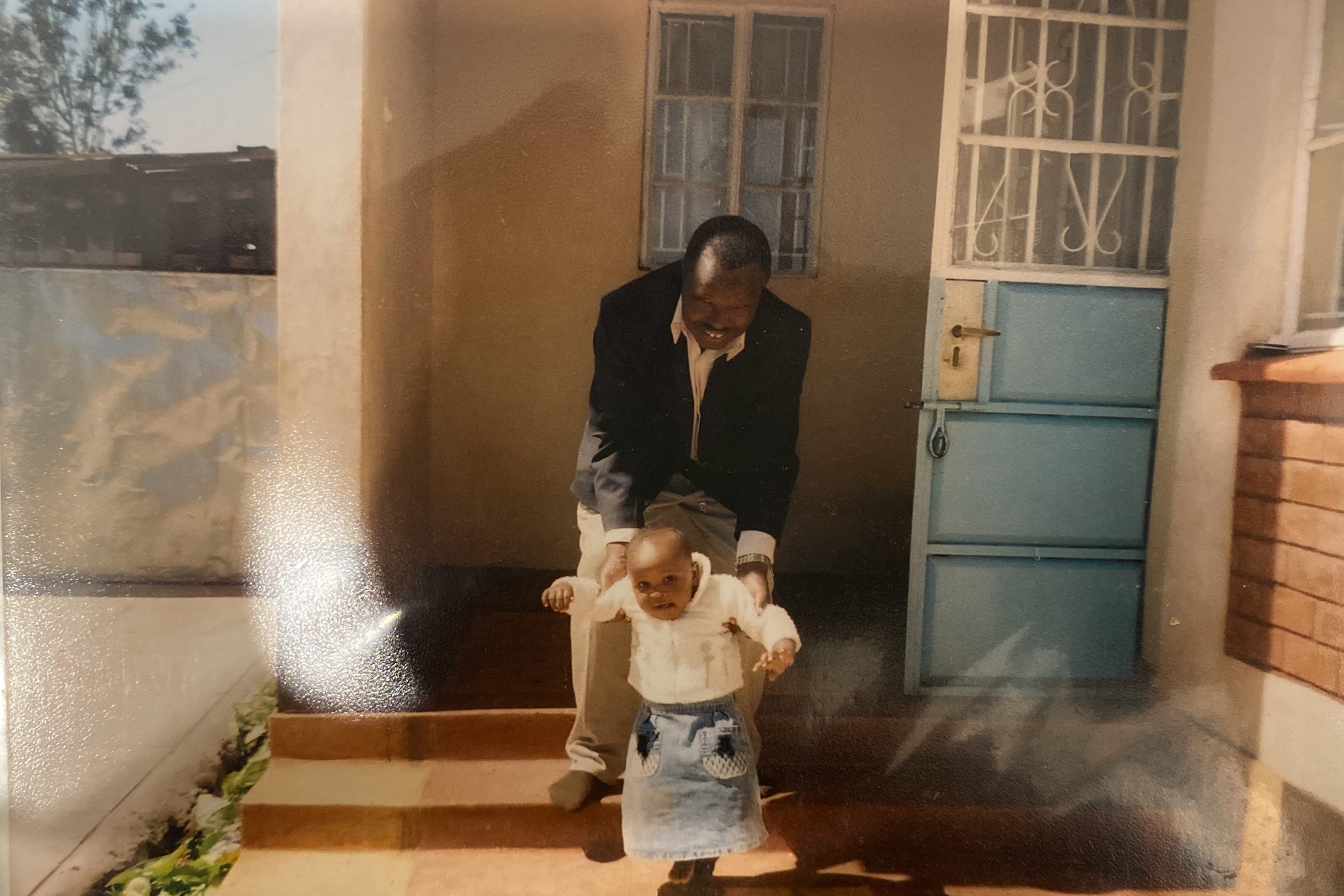
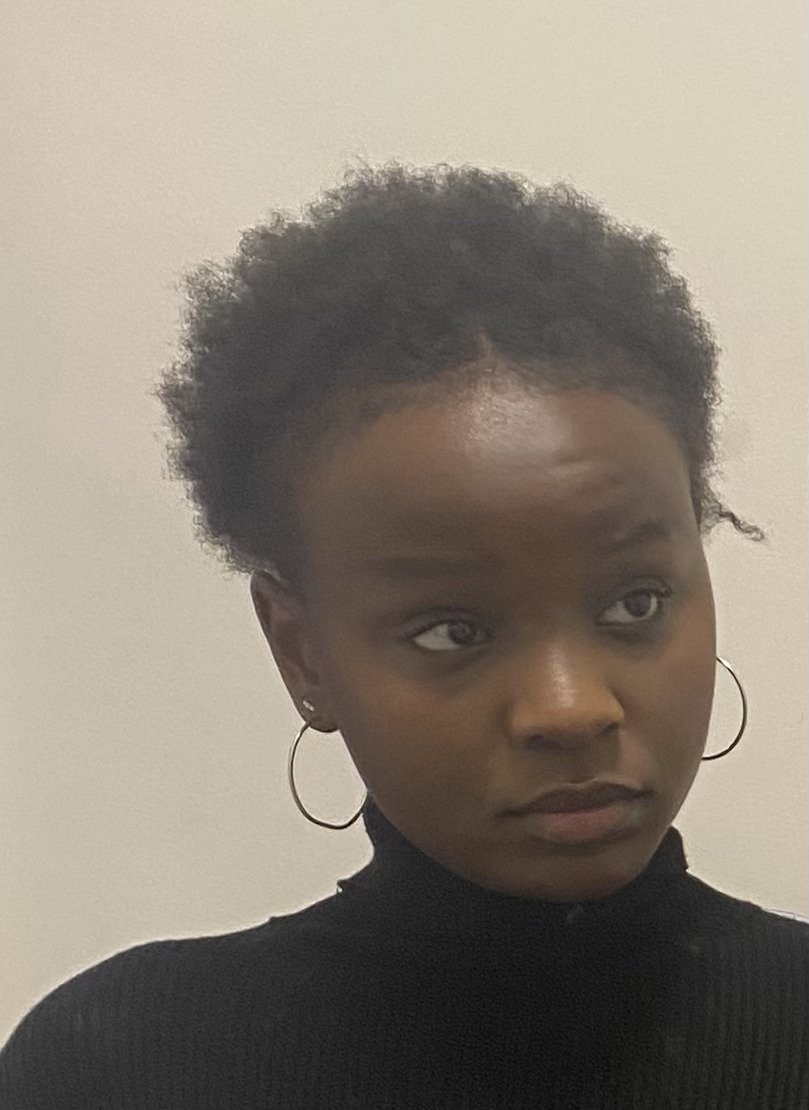
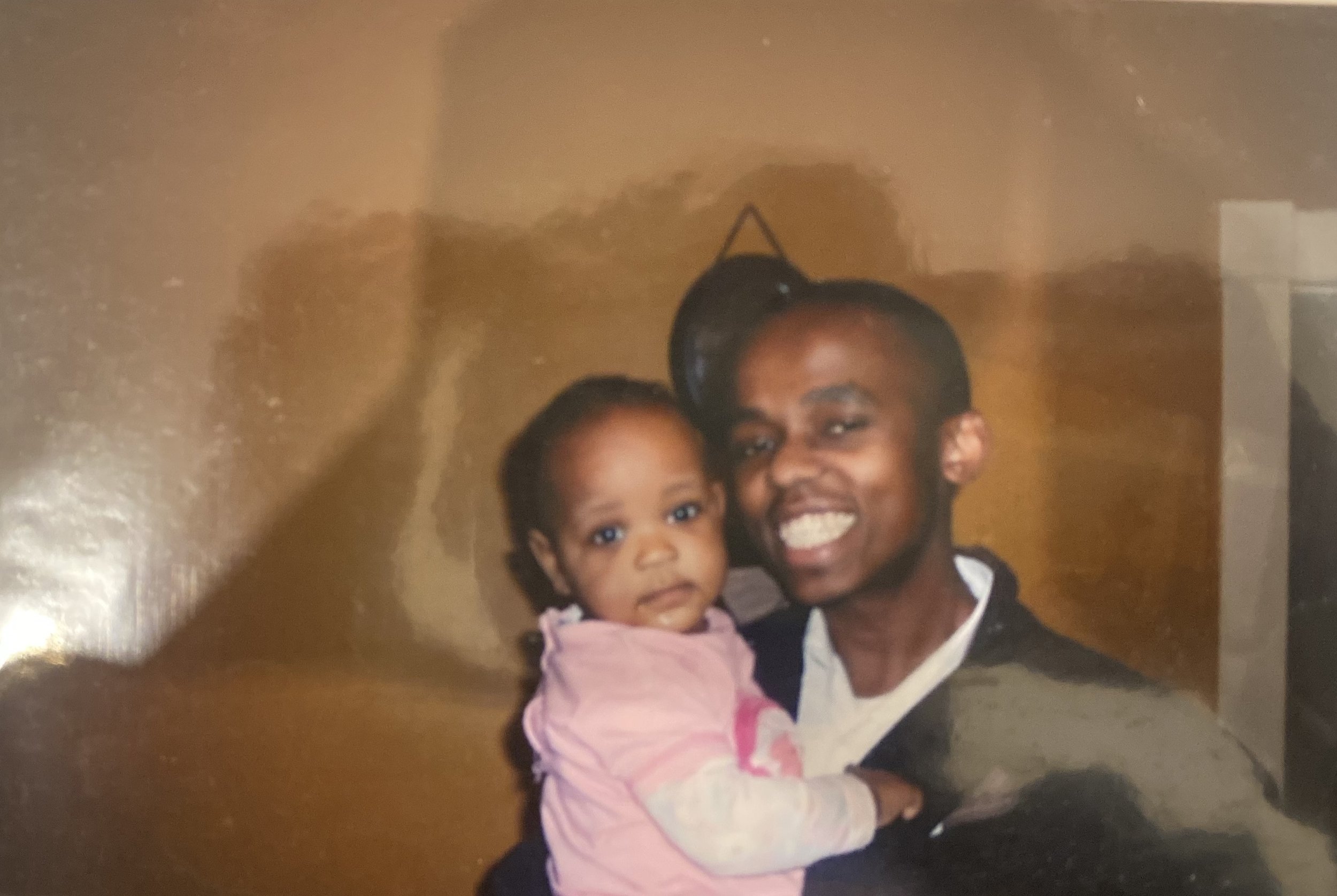
Jada Kamau | Kenya
By Amber Guerrero (Multimedia Editor) & Callie Yiu (Staff Writer)
In a young but lively country in East Africa, 11 hours ahead of the west coast, Jada Kamau resides in Ken- ya. As an SMC international student, she’s preparing to move to California within the next year. Now, she recalls her first transition into Kenyan culture after being raised in the United States and embarks on a journey of reconnecting with her heritage.
Born in Boston, MA, Kamau grew up in the United States for 12 years before her family relocated to Kenya due to her father's work. There, she spent another eight years traversing the middle ground between two different cultures. Moving from the United States to Kenya, she initially grappled with a sense of disconnection from her heritage. "It was an interesting transition because obviously I'm Kenyan, but I grew up in the States, so I didn't have that cultural experience of learning the language Swahili and knowing the people or knowing my culture," she said. "Everyone I saw around me looked like me, but I didn't feel connected."
Kamau admitted she did not initially see the importance of learning Swahili. "I think that came from me being apprehensive about my culture. I was very hesitant to take lessons to learn Swahili." This uncertainty posed an obstacle, but Kamau overcame it by taking her own steps towards immersing herself in Kenyan culture, starting with the language. Over time, she realized the importance of learning her mother tongue, Kikuyu, and delving into Kenyan history.
"To be where we are right now, my forefathers had to fight for their history from the British colonization and resist those powers.” Kamau recognized the significance of preserving her culture and passing it on to future generations. “I make a choice never to forget that, to never take my freedom here, living in this country, for granted.”
Kamau is an aspiring filmmaker and social justice advocate. Her interest in storytelling and film production began under the inspiration of her grandfather, who spent her childhood telling her captivating stories. Even as a child, she recalls the joy of putting on plays for her family. Her interest in social justice was kindled through her participation in Model United Nations, where she addressed economic and humanitarian issues, laying the foundation for her commitment to make a positive impact on her communities. "I wanted to become a filmmaker so I could tell stories that bring African, specifically Kenyan, perspectives to wider audiences," she said.
Kamau explains that the first time she has ever been interested in pursuing the field of filmmaking was after watching Ava Duvernay's documentary, “The 13th," which documented the prison system in America and how that has evolved over the years. "I've watched that documentary 15 times because I was just so enamored by how she was able to create such a compelling piece about history in America." She feels completely inspired by Duvernay's work and aspires to create pieces just like them. "That's kind of what my goal is, to create historical pieces about Kenyan history."
Her passion for storytelling and social justice intersected when she volunteered at a Kenyan public school, where she was met with the stunning reality of the use of corporal punishment in public Kenyan schools. "Corporal punishment is being used to teach students, but really, you are apprehending students from being able to fully learn," she said. Witnessing the abuse, she was inspired to create a short film addressing the issue, which ultimately made it to the finals of the JCS International Young Creatives Award Competition. "That really pushed me beyond my boundaries, but it was also a piece of work that I was proud of." Kamau hopes to pursue filmmaking in California, with dreams of transferring to institutions such as LMU, USC, or Chapman University.
As an international student doing remote learning in Kenya, despite facing challenges such as the time difference, Kamau remains grateful for the opportunity to pursue her studies internationally. "I just wanted to immerse myself in the community and get myself into different groups where I can further take part in things that I am interested in,” she says. Her ultimate goal is to establish a production studio in Kenya, providing employment opportunities for individuals from Ken- yan slums and showcasing the talents of young people in the country. "Bringing in different cultures into the film space. That would be my biggest goal," she says.
Grateful for the journey she’s been on, Kamau reflects on her life’s goals and purpose. "I think it has been a very interesting time right now. With everything that's going on in the world I have been questioning my purpose here," she said.
"The biggest thing that I have learned is taking everything day by day, being grateful for everything that life gives you, and living in the present moment."
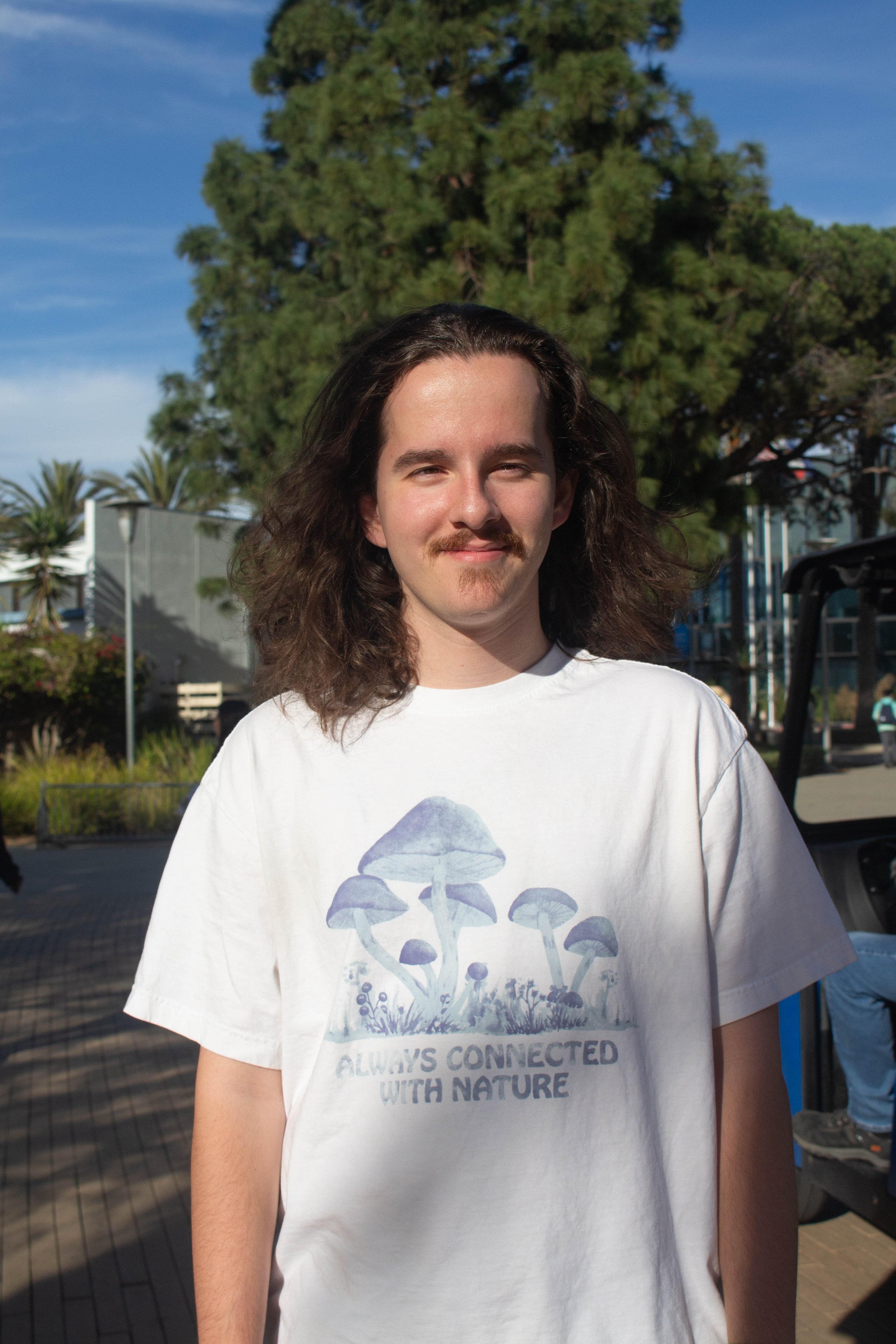
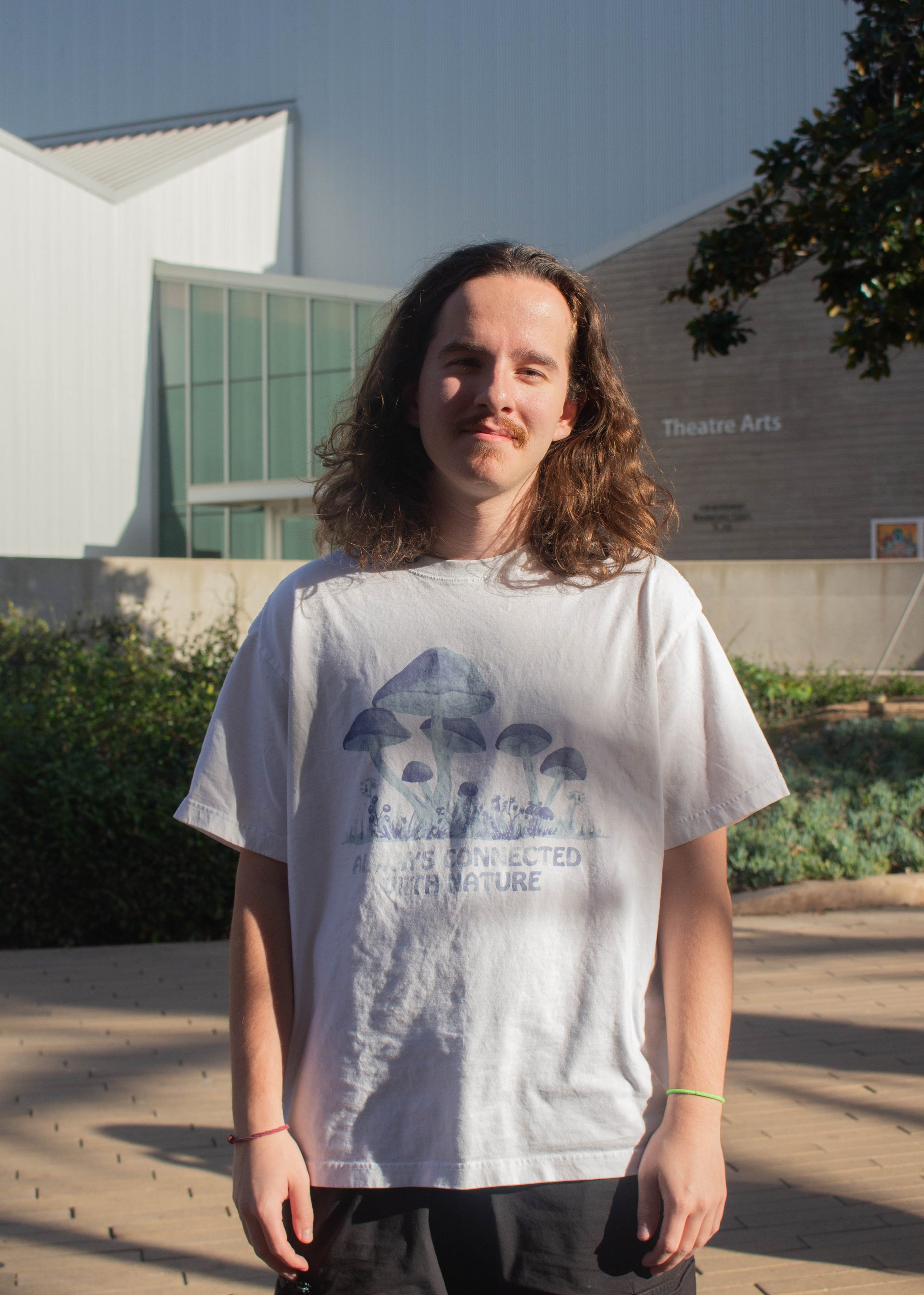
Adam Kiss | Törökbálint, Hungary
By Cebelihle Hlatshwayo (Arts & Entertainment Editor) & Renee Bartlett-Webber (News Editor)
Imagine coming to live in Los Angeles, 6,000 miles away from home. After a 20-hour flight, you make your way through customs and exit the airport to take in your first breath of fresh air. The strong smell of marijuana suddenly hits you. This was the case for Adam Kiss, who arrived in LA from Hungary to study at Santa Monica College (SMC). “Oh, my gosh, I could not believe this was real,” he recollected, smiling.
Hungary is one of the few European countries where marijuana is still illegal, both recreationally and medically. The country is land-locked in central/ eastern Europe, nestled between seven countries: Austria, Slovakia, Ukraine, Romania, Serbia, Croatia and Slovenia. Its capital city, Budapest, is known for its historical and modern architecture, beautiful sites along the Danube River, and thermal baths.
While Hungarian is the primary language, Kiss grew up also using Hungarian Sign Language to communicate with his parents, who are both deaf. "I had to translate for them since I was six," he shared, recalling instances where he accompanied his parents to the bank, acting as their interpreter from a young age.
"I know the struggles [my parents] are going through, and I'm empathetic in that way," Kiss reflected. Kiss’ unique upbringing has equipped him with a profound understanding of the power of communication. He believes this perspective has added a layer of richness to his experience as an international student at SMC.
When Kiss first told his parents that he was going to Los Angeles for school, they were suspicious. "In the beginning, they were like, ‘No way, you're not going’,” he recalled. However, reality set in once he applied, and they fully supported his decision.
Kiss arrived in the U.S. from Törökbálint, a town right outside the country’s capital, at the beginning of August. He was accompanied by his childhood friend Kristof, who shared his life-long dream of living in the vibrant city of Los Angeles, home to the unique Hollywood stories that captivated his imagination for so many years. However, the cost of university education led him to choose a community college, a decision he doesn't regret. "In Hungary, we have almost zero resources to come to the States, so we researched community colleges in the area, and it came down to Santa Monica College," he said.
Currently pursuing a degree in business marketing, Kiss expressed his passion for the field, acknowledging its challenges. "I've always wanted to do marketing because I feel like I could really do that for a living," he said, emphasizing his belief in himself.
After the initial shock at the airport, he adapted to other cultural shifts. The warmth of interactions with strangers pleasantly surprised him.
"In Hungary, people generally are really closed-minded, so they do not talk to random people. When I came here, an old lady at the grocery store started asking me questions, and we talked for, like, 15 minutes. It was a crazy experience for me."
Kiss says that the U.S. has everything. Well, almost everything. “We have these stuffed cabbage rolls that my grandma makes every holiday, and it's so good. I miss that so much.” While he cannot enjoy the foods from his home, he is excited to partake in new holiday traditions.
On Nov. 23, Kiss experienced his first-ever American Thanksgiving. "I really hope that it's going to be like the stereotypical Thanksgiving, with a giant turkey on the table and all the food smells," he said excitedly. And what an authentic and exciting Thanksgiving it was. He was fortunate to spend the day with family and friends from his hometown. Immersed in the warmth of familiar faces in a foreign land, Kiss experienced the true essence of the holiday, complete with copious amounts of turkey and the delightful cranberry sauce that quickly became a favorite.
Among the list of things he's grateful for this Thanksgiving is his support system in the U.S. When deciding to study in the U.S., he anticipated significant challenges. While he acknowledges the hurdles he's encountered, he consciously chooses not to dwell on them, and instead focuses on the abundance of things to be thankful for, such as his job at the Coffee Spot on the main campus, next to Drescher Hall. A role he now relishes but admits, was challenging initially.
Kiss said coming to the U.S. "was the biggest decision of my life, but I have zero regrets about it so far.” He encourages every international to come here and not be scared. “Do your research really thoroughly, and you'll be completely fine.”
Though his Thanksgiving escapades somewhat answer the famous joke about his origin, with many Americans asking, 'Are you Hungary?' Adam prefers a warm hello over succumbing to that predictable jest.
If you see Adam at the coffee shop on campus where he works, tell him, “Szia” (see-ya), “Hello” in Hungarian.



